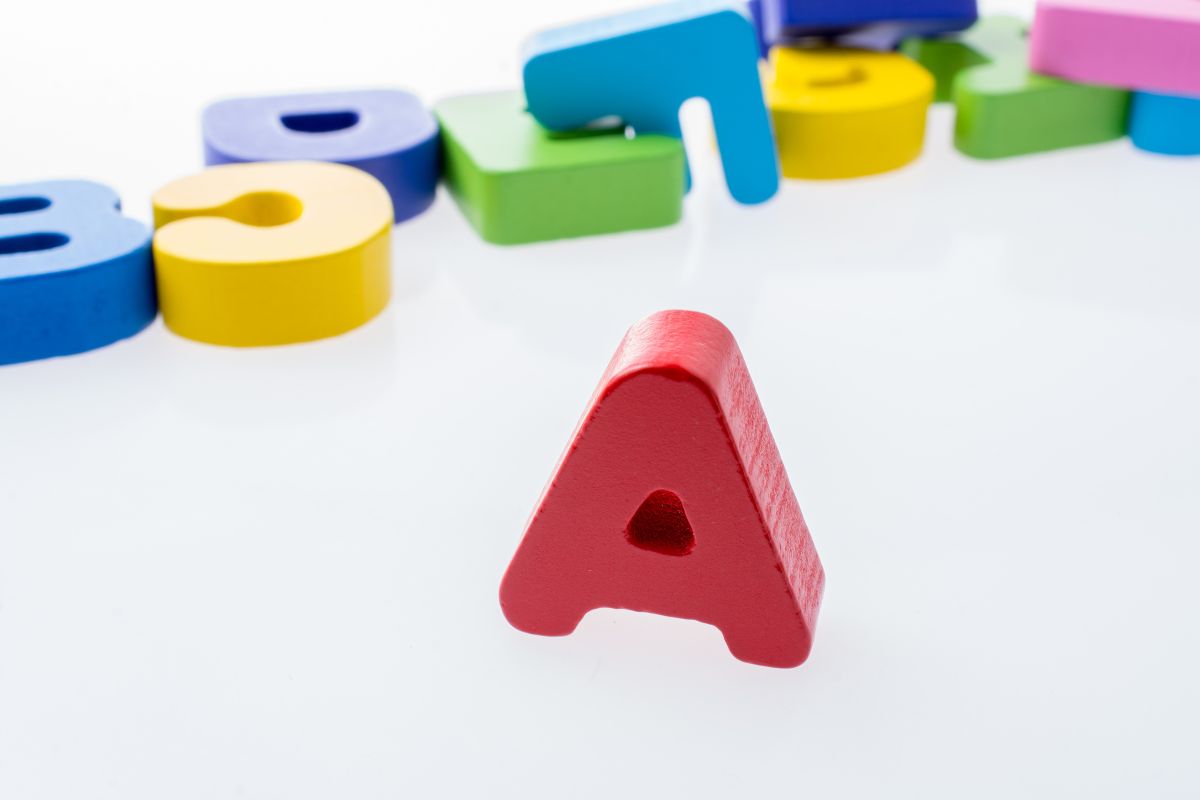You may have heard or read about the most common phrasal verbs when speaking or reading sources written in English. These structures are frequently used in English. The word structures, which we call phrasal verb, emerge by combining the verb and the preposition. As you know, prepositions do not mean anything by themselves they become meaningful when used with other words.
We recommend using phrasal verbs when speaking English. Because using these structures allows you to speak more meaningfully. When learning phrasal verbs, you should practice sentence formation. Thus, it will be very easy for you to learn these word groups. We do not recommend trying to memorize 100 phrasal verbs at once. We recommend that you study and repeat at regular intervals. In short, you will realize that it is very easy to use these structures over time.
Most Useful English Phrasal Verbs
Below you will find a list of English phrasal verbs that we have created by choosing from the most common phrasal verbs.
1. Call
Call on: It means either visiting someone or seeking knowledge of someone or something.
- Example for meaning to visit someone: I’ll call on you this weekend to see how you’re feeling.
- Example to refer to someone’s information: I may need to call on the hospital’s professional doctors in order to answer your question.
Call off: To cancel something.
- For example: We called off the picnic because of the rain.
2. Come
Come up (with something): To think of an idea, to present it.
- Example of presenting an idea: She came up with a very good idea about learning English.
Come up: To have something unexpected happen or to open a topic. Come up is among the most common phrasal verbs.
- Example for the mean to opening a topic: I wanted to tell him that I had made a new decision, but the chance never came up.
- Example for unexpectedly appearing: I was going to meet my friends at the party, but something came up so I had to cancel.
Come across: To find or meet by chance.
- Example to find or meet by chance: I was cleaning my room and I came across my diary from high school.
3. Get
Get away: You may have heard the phrase ‘getaway car’ before. It is the car used by robbers to escape from a crime scene such as a bank robbery. Get away is among the most common phrasal verbs.
- Example meaning to run away: Bob’s neighbor tried to show him a picture of all his birds. But Bob managed to get away.
Get along (with): To have a friendly relationship with someone.
- Example of having a friendly relationship: Some people are surprised that I get along with everyone really well.
Get back to: To return to someone or something. It is often used to say that he will return with an answer to a question or request after a while.
- Example: My coworker wasn’t sure what time the meeting was, so she said she’d get back to me with the time.
4. Give
Give up: To stop doing something, to surrender. Give up is among the most common phrasal verbs.
- Example with the mean to stop doing something: After three weeks of trying to build my own chair, I gave up and just bought one.
Give in: To surrender, especially in a fight or argument.
- Example: Michael’s father gave in and let him stay out late with his friends.
5. Go
Go ahead: To go in front of someone, to allow to do or to say something.
- Example: Go ahead; explain to me why there is a stranger in my garden.
6. Look
Look out: To pay attention to something.
- Example: Lookout, there’s a dog coming your way!
Look up: To check the meaning of something. Look up is among the most common phrasal verbs.
- Example: If you don’t know the meaning of the words in the movie you’re watching, you should look up the dictionary.
7. Put
Put out: This phrase is used to neutralize the flames in a fire. It also means to bother someone by asking for help, to inconvenience someone.
- Example: The firefighters managed to put out the fire before it spread to other houses.
8. Take
Take off: This phrase is to remove clothes or go on a trip (i.e. when planes start their flight, they take off). Take off is among the most common phrasal verbs.
- Example: Sandy was very happy when she finally got home and took off her shoes.
Take out: To take it out of something, such as a bag or pocket. This expression can also be used to mean dating someone.
- Example: The student sat at their desks and took out their pens and paper.
As a result, we have given many phrasal verbs examples in this content. How many of the list of the most common phrasal verbs we provided did you already know? Also, if you want to speak like a native speaker in English, you should use phrasal verbs. Do not be afraid that there are many of these phrasal verbs. Memorize and use a few at a time. So you will soon see that you are a phrasal expert.



